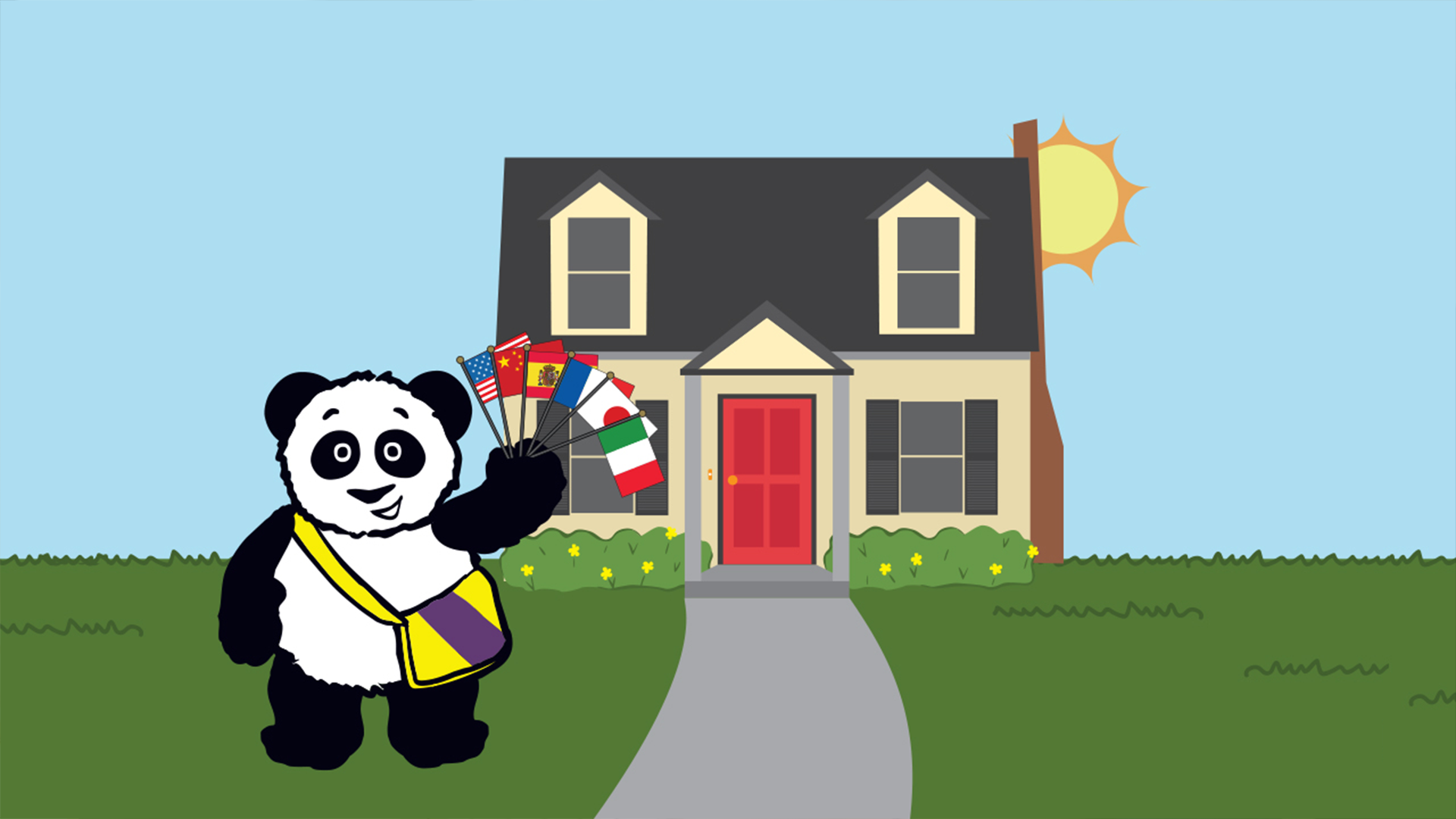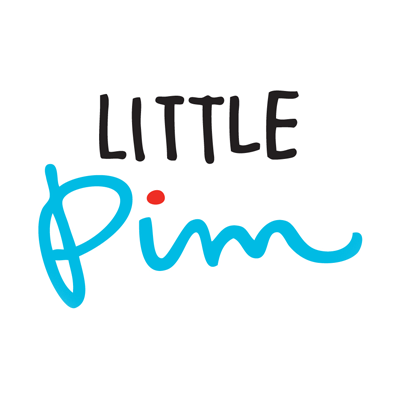
LITTLE PIM BLOG
Kristof asks, "Primero Hay Que Aprender Espa ol. Ranhou Zai Xue Zhongwen." Why not both?
Nicholas Kristof was already one of my favorite New York Times journalists*, so I was thrilled to see him taking up the topic of foreign language teaching to kids in his recent column “Primero Hay Que Aprender Espanol, Ranhou Zai Xue Zhongwen” (translation: First learn Spanish, then study Chinese). If you missed it, Kristof makes the case that even though we are seeing a huge increase in parents teaching their young children Chinese, parents should really be encouraging their kids to learn Spanish. He notes that by 2050 our nation is on track to be 29% Spanish speaking and we are increasingly doing business with Latin American countries. He also makes the sobering case that more of us will be retiring to Latin America, where the living is cheaper. He says Chinese is more of a “specialty” language that will only help our kids if they become proficient and choose to work with China. which should remain in the foreseeable future one of the world’s economic super powers.
Here at Little Pim we have also seen the rising popularity in Chinese (it is our second best-selling language, neck in neck with French, after Spanish) and have noticed another trend – that more and more parents are choosing to introduce their children to TWO languages in addition to English. Thousands of parents in the United States are getting their babies and toddlers going on some combination of Chinese and Spanish or Chinese and French.
We field many calls and emails about this each week. Often parents explain that the Chinese is to give their kids what they think will be a competitive advantage in tomorrow’s economy, and the romance language is to honor a family heritage, or because one of the parents speaks that language and can help with it at home.
The benefits to kids of learning more than one language during early childhood are widely documented (it improves memory, advances verbal and math skills and analytic thinking). What about the benefits of two? Research shows that a child can learn up to three languages without any confusion. The learning results are even better if one of the languages is spoken at home, and if the languages have a different base, such as Chinese, which is tonal, and French, which is a romance language. A child will never confuse “sourire” with xiao' or '笑'. But they might confuse “sonreía” (Spanish) and “sourire” (French).
Ultimately choosing a language, or languages, for your child is a very personal choice that takes into account your hopes for your child’s future (will she be part of a multi-national company someday? Will he be able to travel, work and live abroad? Can she communicate with family members who don’t speak English?). But whatever language parents choose, their children will be getting a huge advantage over their monolingual peers. Spanish is by far still the leading language being studied in the U.S., with 88% of all foreign language classes in schools in Spanish (per the Today Show – link to the home page video here?).
Picking up a THIRD language is much easier once a child has learned a second one, so rather than dwell on “Which Language is Best,” debate, parents should just dive in and know their children may make their own choice later about what language they want to learn, and it will be fairly easy for them to make that change if they have a solid base in any language.
My own sons, Emmett and Adrian, have been learning French since they were babies, because of my family connection to France (I know Spanish or Chinese might be more “useful” in their careers) but if they get to high school and decide they want to learn Chinese or Spanish I will happily let them change, and know they will have a much easier time understanding the grammar rules and acquiring new vocabulary thanks to their years of French.
What do you think? Are you considering introducing your child to two languages? Do you know people whose kids are studying Chinese and a romance language? We’d love to hear from you. Take our new QUIZ on our homepage about which language/s your child should learn, if you haven’t chosen yet.
*Kristof is a Pulitzer prize winning journalist, who writes powerfully about pressing international women’s issues, such as inadequate maternal health care and the shameful ongoing slavery of young girls, notably in his book Half the Sky, written with his wife, Sheryl WuDunn. Kristof resides outside New York City with his wife and their three children: Gregory, Geoffrey and Caroline.



